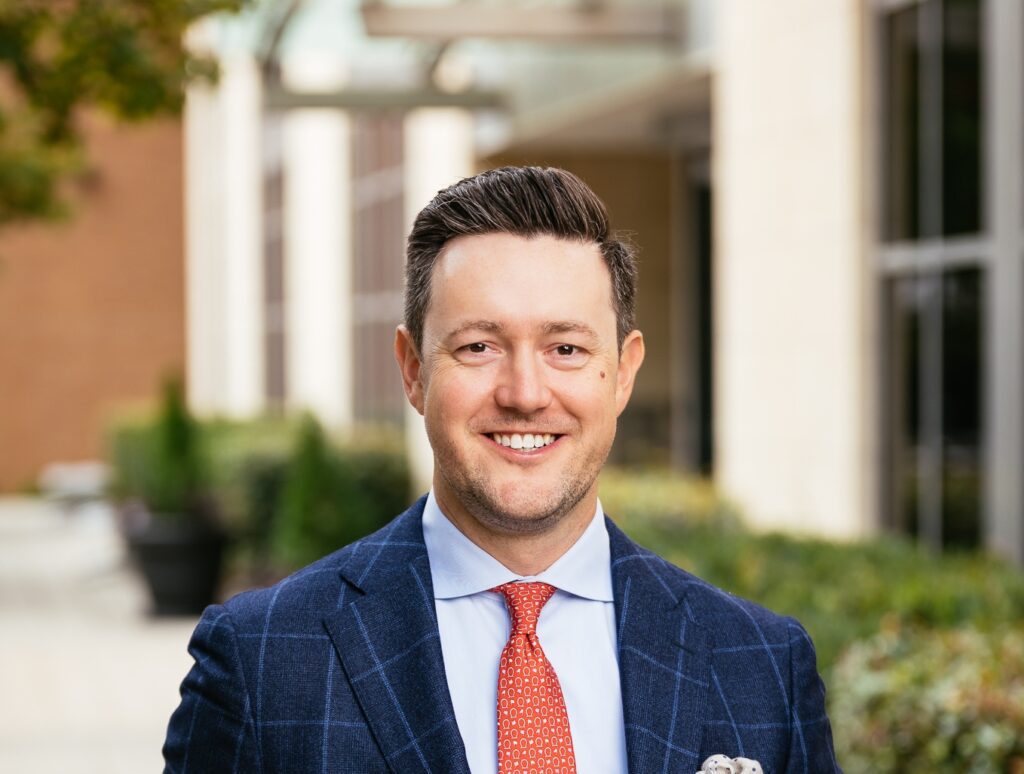By John Monk and Emily Bohatch
Columbia, S.C. – The South Carolina Supreme Court ruled Wednesday that a key but controversial section of a state law requiring a supermajority vote in the General Assembly to change certain statues and monuments is unconstitutional.
But the justices ruled the crux of the 21-year-old law can stay in place – that local governments seeking to change historic names and monuments must still get permission from the Legislature, albeit by a simple majority vote in each chamber.
However, even despite the unconstitutionality of the two-thirds rule, the Legislature’s two top Republican leaders vowed to keep the protections in place as opponents are sure to try and reignite the debate when lawmakers return in January.
“While I am disappointed that the Court chose to overturn the crucial two-thirds requirement contained in the original law, the opinion makes clear that the General Assembly is the sole authority,” House Speaker Jay Lucas, R-Darlington, said.
In their unanimous 22-page opinion, the justices ruled that the legislators who originally passed the Heritage Act in 2000 did not have the authority to bind future legislatures by requiring a supermajority, or two-thirds vote, in each chamber.
Such a lopsided vote is an unconstitutionally high hurdle, the high court said.
The justices called the requirement an “unconstitutional overreach by our General Assembly” because the Legislature in 2000 “had no authority to restrict the power of future legislatures to act by majority vote.”
Their ruling means, going forward, the Legislature will only need a simple majority of lawmakers to vote in favor to alter, change or remove historic names, statues or monuments.
In 2000, lawmakers passed the Heritage Act as a compromise between warring sides as the only way to settle one of the most divisive issues in South Carolina history – what to do with the Confederate flag, the ruling said. At that time, the Confederate flag flew atop one of the most visible public places in South Carolina.
“Removal of the Confederate flag from the dome of the State House was one of the most important – and difficult – political achievements in the State’s history,” the court said, calling the flag’s removal “one of the greatest achievements in the political history of South Carolina.”
The removal of the flag from the dome to the complex grounds did not come without its opponents, the court noted.
“After decades of controversy, members who opposed removing the flag from the dome of the Capitol became willing to compromise (by having a supermajority provision in the Heritage Act) if given the assurance that doing so would not ‘open the floodgates,’ and if the renaming and removal of other historic items could be prevented,” the ruling said.
The law was last debated in 2015, after nine Black parishioners, including a state senator, were killed by a white supremacist inside a Charleston church. Dylann Roof, who remains on death row, was seen photographed holding a Confederate flag.
Five years later, after the murder of George Floyd and a national reckoning over the treatment of Black men and women, the Heritage Act was once again debated, this time outside of the State House doors with opponents calling for the removal of statues and controversial names who grace college and university buildings.
“It’s a step in the right direction to have the issue clarified, and I remain hopeful that ‘Pitch Fork’ Ben Tillman (statue) will be removed from the State House grounds,” state Rep. Seth Rose, D-Richland said. “If not by us, then certainly by our youth that will one day lead.”
Ruling Celebrated, But Leaders Temper Expectations
In late May, at the urging of Republican Attorney General Alan Wilson, the Supreme Court picked apart the Heritage Act in an hour-long hearing where they questioned why only certain groups and wars were protected.
“I want you to explain to me why Jewish Americans would not be included, Hispanic Americans would not be included, Asian Americans would not be included. Why would they (not) be included in this, and if they’re not included, is this a legal, constitutional class?” Supreme Court Chief Justice Donald Beatty asked Columbia attorney Jim Gilliam, who represented Speaker Lucas.
But, in the end, the court ruled that the heart of the law – the Legislature’s jurisdiction over local names and structures – is constitutional and, therefore, can stay intact.
The two-thirds supermajority requirement, however, must go, they said.
Columbia City Councilman Howard Duvall, one of three South Carolinians who brought the lawsuit in July 2020 against Lucas and Senate President Harvey Peeler, R-Cherokee, heralded the high court’s decision as a victory.
But Duvall said “the next step” is to work to overturn that part of the Heritage Act requiring local governments to get legislative approval to change names or structures. Duvall joined the lawsuit because he was exploring ways to change the name of Confederate Avenue in Columbia.
The other plaintiffs in the case were former state Sen. Kay Patterson, D-Richland, a South Carolina civil rights pioneer, and Jennifer Pinckney, the widow of the late Sen. Clementa Pinckney, who was murdered in the church shooting.
“We are pleased with the court’s decision that the General Assembly can now take appropriate action with a simple majority vote,” said Columbia attorney Matthew Richardson, who worked pro bono on the case.
State Sen. Gerald Malloy, D-Darlington, called the court’s decision a “major victory for common sense, as well as for clear and fair justice in this state.”
And with a simple majority requirement, he said, South Carolinians “will now have a stronger voice in their own communities and with the General Assembly.”
But Republican House and Senate leaders sought to temper expectations that the Legislature will tackle the law anytime soon.
“The protections over all of our state’s monuments and statues were ruled constitutional and they will remain in place,” Peel said.
In his statement, Lucas wrote, “I reiterate what I have consistently said since 2015: the South Carolina House of Representatives will not engage in or debate the specifics of public monuments, memorials, state buildings, road names or any other historical markers during my time as Speaker.”
Wilson, who last year wrote a friend of the court brief declaring the supermajority provision unconstitutional but supported the Legislature’s authority, applauded the Supreme Court’s decision.
“I want to thank the Supreme Court for a very scholarly, well-considered, and well-documented opinion,” Wilson said. “Their unanimous ruling confirms our earlier opinion on the Heritage Act. We agree with the Court that the compromise concerning the Flag and which led to passage of the Heritage Act is one of the great achievements in South Carolina history.”
The court’s decision – threaded with citations from 10 historians, memoirs, newspaper articles and columns – was written by Associate Justice John Few. Concurring were Beatty and Associates Justice Kaye Hearn, John Kittredge and Buck James.






